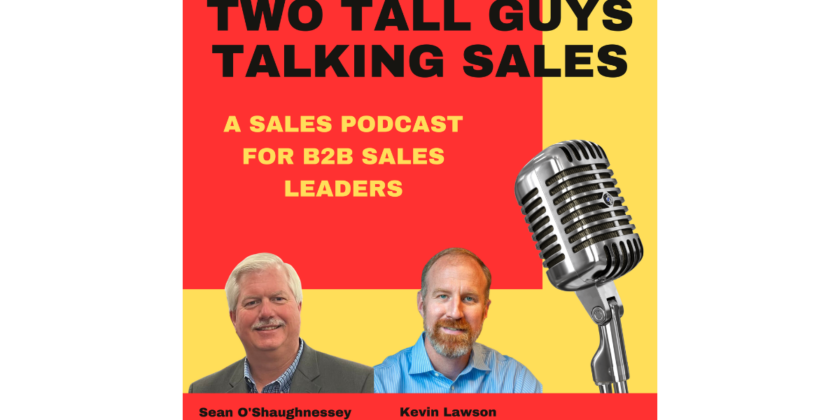In the lexicon of strategic business planning, the concepts of “Red Ocean” and “Blue Ocean” serve as metaphors to distinguish between different market dynamics characterized by the degree of competition. A Red Ocean symbolizes sectors with fierce competition, saturated markets, and businesses clash over a finite demand pool. The landscape is marked by aggressive price wars and incremental innovations as companies struggle to carve out and defend their market share. These are arenas where the rules are established, and the boundaries are rigid, constraining growth to zero-sum scenarios.
In stark contrast, the notion of a Blue Ocean represents the exploration or creation of new, uncontested market spaces. These are realms devoid of competition, where businesses can innovate without constraints, often leading to substantial profit margins and exponential growth. This strategic approach focuses on expanding market boundaries and catering to previously unmet customer needs, thereby rendering traditional competition irrelevant.
Despite the allure of Blue Oceans, the reality for many B2B enterprises—especially those I collaborate with—is that navigating the turbulent waters of a Red Ocean can be incredibly advantageous. These waters are not merely a battlefield but rich with signals of well-acknowledged demands and needs. This dynamic is particularly beneficial for companies in B2B markets, where clients are well-informed about their challenges. It obviates the need for businesses to invest heavily in educating potential customers about their needs, allowing them to concentrate on showcasing their solutions as the superior choice. The ease with which companies can enter these markets—where a ready pool of potential clients actively seeks solutions—should not be underestimated, especially given the typically elongated and intricate buying cycles in B2B transactions.
To thrive in such a competitive environment, a business must operate with a lean mindset, optimizing every investment in product development and customer acquisition to ensure robust returns. Mastery of organic growth channels and a robust product-led growth strategy are essential, though these are merely the initial steps toward scaling.
A focused approach, targeting a narrowly defined market segment and refining a particular aspect of the product or service, can dramatically improve customer conversion rates and foster loyalty. This strategic focus allows a company’s offerings to emerge distinctly from the competitive noise.
Implementing the ERRC framework—Eliminate, Reduce, Raise, Create—provides a structured method to differentiate a business amidst intense competition. This involves stripping away unnecessary features or processes, simplifying offerings to enhance the customer experience, amplifying key aspects of products that add significant value, and innovating to address unmet needs or create entirely new market niches.
However, introducing innovations, particularly in a Blue Ocean context, poses significant challenges. Convincing businesses to allocate budgets for unrecognizable problems requires a nuanced approach, especially in B2B settings where budget allocations are typically rigid and linked to clearly defined needs. The task of educating potential clients about new issues and subsequently persuading them of the need for novel solutions demands considerable effort. This process is often slow and resource-intensive, requiring a compelling demonstration of potential ROI to secure the necessary funding. The lack of prior recognition of the problem diminishes the perceived urgency and relevance of the solution, making it a lower priority in budget discussions.
Businesses usually budget for known issues, making securing funding for unforeseen solutions difficult. The path to budgetary approval is fraught with challenges, necessitating a strategic shift—from merely selling a solution to actively shaping the perception of a new problem. This requires sales expertise and a deep understanding of the client’s industry, strategic priorities, and the ability to align the problem and solution with the client’s long-term goals. Successfully navigating this terrain can position a company as a thought leader and pioneer in its field.
While Blue Ocean strategies are enticing because they promise reduced competition, for many B2B companies, tapping into the established demand within a Red Ocean is often more pragmatic and immediately beneficial. The key lies in outmaneuvering competitors by being more focused, efficient, and superior in delivering what customers value most.
B2B leaders should consider starting in the Red Ocean to build and scale their operations effectively before potentially transitioning to a Blue Ocean. This approach capitalizes on immediate opportunities and lays a robust foundation for future strategic expansion.
Actionable Takeaway: Critically evaluate your company’s market position and the competitive landscape using the ERRC framework. Reflect on how each framework element can be leveraged to refine your offerings and surpass your competitors. The objective is to compete and dominate by excelling in your customers’ most crucial areas.










